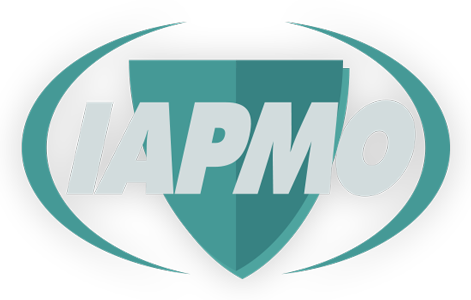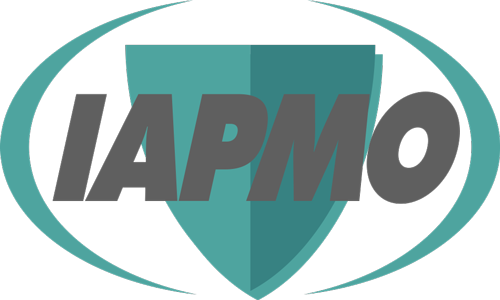March4Water
An observance month to raise awareness about how communities can build resilience to water stress.
March4Water unites World Plumbing Day (March 11) and World Water Day (March 22) for a month-long campaign to raise awareness about solutions for policymakers facing the multiple water stressors of aging infrastructure, access to sufficient safe water, and community resilience in the face of fierce natural disasters. March4Water highlights how strong plumbing and water standards drive long-term sustainability, economic feasibility, and public health protection.
Water Resilience – Building a Safer, Smarter Future


Community Resilience
Problem: Communities need to mitigate the impact of natural disasters while maintaining affordability for constituents.
Solution: IAPMO’s focus on sustainable codes such as We-Stand and disaster-resilient standards helps communities adapt and build resilient systems that withstand environmental challenges.
Aging and Failing Infrastructure
Problem: Outdated water systems negatively impact public health and safety, including water quality, water leaks and Legionella risks due to aging infrastructure.
Solution: With a global team of experts and state-of-the-art testing facilities, IAPMO provides the technical knowledge and standards needed to modernize plumbing systems in the built environment.
Access to Clean Water and Safe Sanitation
Problem: Millions of Americans lack sufficient access to clean drinking water and basic plumbing. Policymakers face challenges in addressing these disparities while delivering affordable housing and accelerating economic opportunity.
Solution: IAPMO’s balanced approach helps ensure that codes and standards prioritize both public safety and affordability, enabling policymakers to bridge gaps in access. The New York Times noted that the IAPMO Water Demand Calculator® is one of the few water quality and efficiency measures that saves money up front on new construction.
March4Water Resource Links
Get Involved – Download Assets & Spread the Message
GO BLUE FOR WORLD PLUMBING DAY
- Wear Blue: On March 11, put on a blue shirt, hat, or work gear to celebrate World Plumbing Day.
- Snap a Photo: Take a picture or video of yourself, your team, or your workplace showing off your blue.
- Share on Social Media: Post using #PlumbingisMore and #WorldPlumbingDay to help spread the word.
- Tag a Friend: Challenge fellow plumbing professionals and industry partners to join in!
Introduce a Resolution declaring March4Water Month
New Jersey to California have or will be declaring March as March4Water Month. Download the customizable proclamation language for use with your own local or state government.

